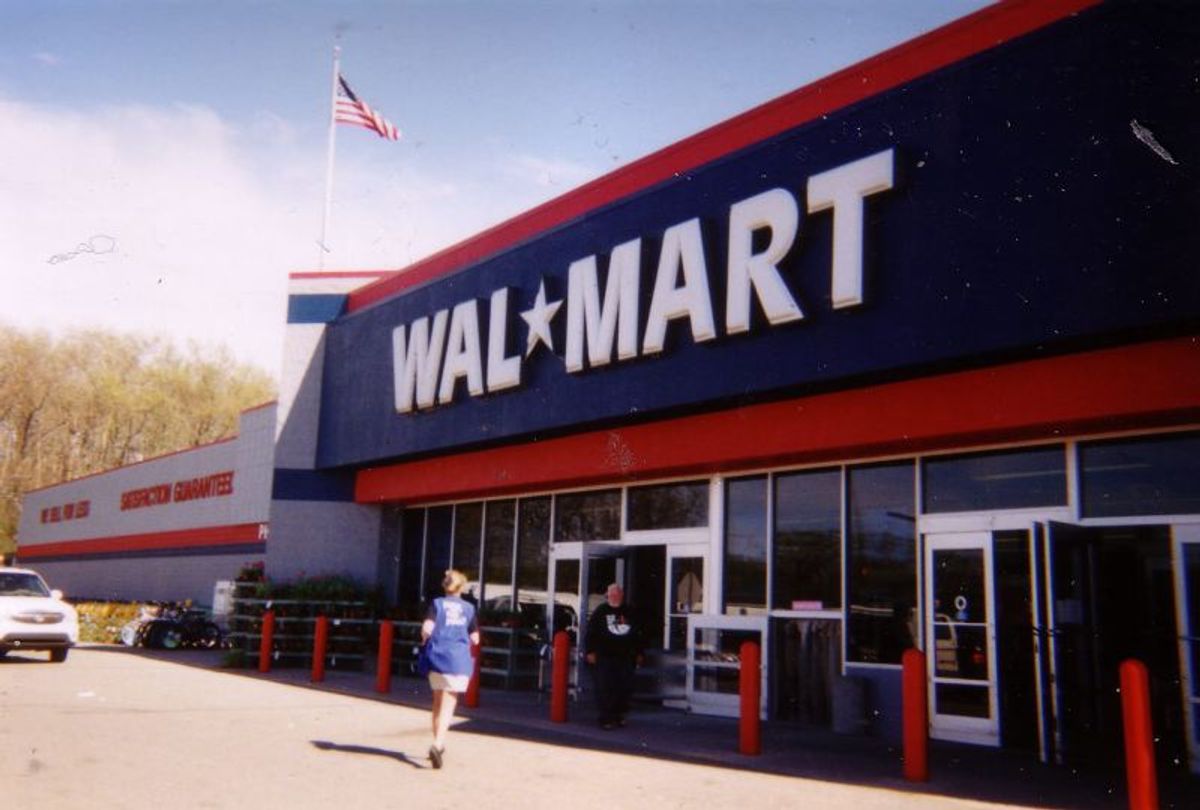One in six clothing factories used by Walmart in Bangladesh failed to meet basic standards of structural, fire or electrical safety, the US retailer has found.
Independent inspections for the company – which owns Asda in the UK – found that 32 of its 200 factories required urgent work to fix serious failings, including one factory that was so unsafe it had to be shut down and another with an illegal eighth floor containing the staff canteen.
Most of those factories have since carried out remedial work, but production is still temporarily halted at two factories, which have failed to make the improvements required for basic safety since the inspections started in May.
The inspections were carried out after the Rana Plaza disaster in April, when more than 1,100 workers died and many more were injured after a factory collapsed.
The problems emerged as Walmart published a list of 75 of the 200 factories that had been inspected and rated on electrical and building safety, from A, which would be a model factory, to D, the worst level.
The paperwork did not give details of the problems at each factory, but Jay Jorgensen, the company's global compliance officer, said the worst problems included the factory with an additional floor and another with an extra building that it did not have paperwork for.
Walmart had promised to publish a list of the factories it had inspected in June, but Jorgensen said the process had been delayed by civil unrest and difficulties in sourcing sufficient new materials, such as fire doors.
Jorgensen said Walmart had published the list in order to help other companies sourcing in the country, including the 100-plus signatories to an international factory improvement deal, the accord on fire and building safety in Bangladesh (AFBSB), which Walmart has refused to sign up to.
He said that 65% of the factories used by Walmart were also used by signatories of the accord, and added: "We want to collaborate with the accord."
Workers' rights campaigners slammed the reports as too vague to be helpful. Theresa Haas, of the US-based Worker Rights Consortium, said: "Walmart's reports are superficial at best. They contain no detailed information whatsoever about the results of the inspections or the remediation that has supposedly been carried out and there is no mention of the need to inform workers about risks that have been identified in their workplace.
"Walmart's approach to factory safety has not changed and the company continues to rely on a model that has repeatedly failed to protect workers from fire and building safety disasters."
Meanwhile, Jenny Holdcroft, policy director of the international union IndustriALL, called on Walmart to formally sign the accord. "I honestly don't know what anyone could do with the information they have published," Holdcroft said. She said the accord would be publishing full details of its inspections, which are due to start imminently. She said without proper knowledge of the issues raised by inspectors, workers could unknowingly find themselves working in unsafe conditions.
Jorgensen said Walmart had appointed a permanent team of 10 inspectors who would continue to work with factories, including making a further assessment in January. "We are committed to the welfare over the long haul," he said.
Walmart said that the factory inspections had been carried out over a period of several months by teams of six to 12 inspectors and cost $4m. Some of the money was used to provide training for workers in workplace safety.
A fund provided by the Alliance for Bangladesh Worker Safety, a group of North American retailers that have fought shy of signing the legally underpinned AFBSB, has helped support workers during factory closures while work was carried out. There are also low-cost loans available through the alliance to help factories make building improvements, but none of those identified by Walmart has taken up that offer.
This article originally appeared on guardian.co.uk
![]()

Shares